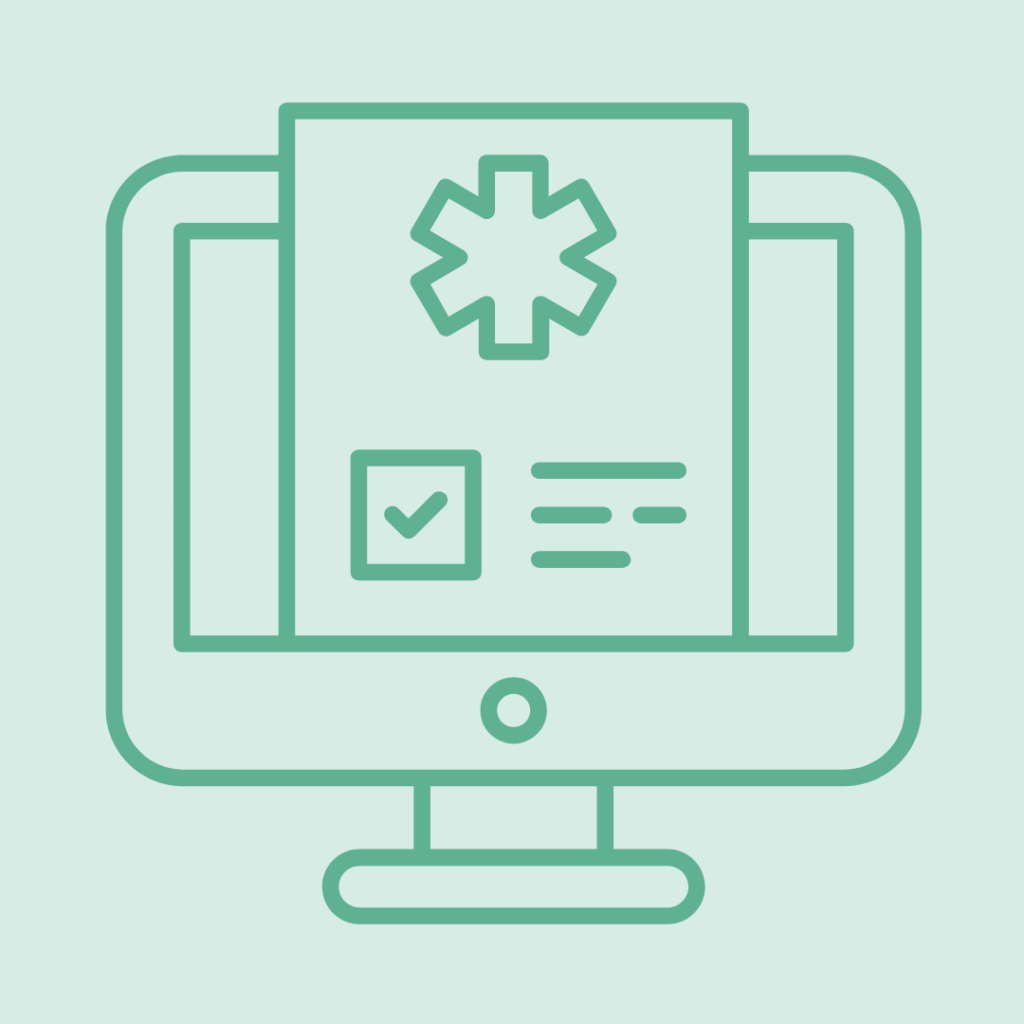Menopause treatment
6am - midnight, 7 days a week
Accessible from anywhere in Australia.
eScript in minutes
Medication delivery

What is menopause?
Menopause is the natural cessation of monthly periods and the end of the reproductive stage in a woman’s life. It typically occurs between the ages of 45 and 60, with an average age of 51. Menopause is officially reached when a woman has gone 12 consecutive months without a period.
Menopause Treatment Options

Online Prescriptions
- For when your script has run out
- Script sent to your phone
- Doctor approved

Telehealth Consultations
- When you need to speak to a doctor
- Online, Video & Phone Call or Message
- Fast access to medical advice
Medical Certificates
- For when your script has run out
- Script sent to your phone
- Doctor approved

Menopause Symptoms
Menopause is a natural biological process marking the end of a woman’s reproductive years, typically occurring in the late 40s or early 50s. Common symptoms include irregular periods, hot flashes, night sweats, mood swings, and vaginal dryness. Other symptoms may involve sleep disturbances, decreased libido, and changes in skin or hair texture. These symptoms can vary in intensity and duration, impacting physical comfort and emotional well-being.
Dangers of Menopause
Although menopause itself is not a medical condition, the hormonal changes associated with it can increase the risk of certain health issues. Reduced estrogen levels may lead to osteoporosis, increasing the likelihood of bone fractures, as well as heightened risks of cardiovascular diseases. Additionally, unmanaged symptoms can contribute to emotional challenges, such as anxiety or depression, and reduced quality of life. Addressing symptoms through lifestyle changes, medical support, or hormone replacement therapy can help women navigate this transition more comfortably and maintain long-term health.

Need a Specialist Referral?Get Yours in a Few Simple Steps!
Skip the long clinic waits and get referred to a specialist in minutes. The process is fast, secure, and simple.
- Quick access to specialist referrals – no in-person appointments needed
- Telehealth consultations with trusted, licensed doctors
- Fast, reliable service – referrals sent directly to your chosen specialist
- Convenient and affordable healthcare from your home
- No hidden costs – just simple, upfront pricing
Frequently
Asked Questions
Menopause is typically divided into three stages: perimenopause, menopause, and postmenopause. Perimenopause is the transition phase when hormone levels begin to fluctuate, causing irregular periods and symptoms like hot flashes. Menopause is the point when menstrual periods stop completely. Postmenopause refers to the years following menopause, during which symptoms may ease but health risks related to low estrogen levels, like osteoporosis, may increase.
Symptoms vary widely among individuals, but the most common include hot flashes, night sweats, mood changes, vaginal dryness, reduced libido, sleep disturbances, and irregular periods. Other symptoms can include weight gain, thinning hair, and changes in skin texture. These symptoms are caused by hormonal changes and can range from mild to severe.
Menopause is typically diagnosed based on a woman’s symptoms and menstrual history. A blood test may be used to measure levels of follicle-stimulating hormone (FSH), which tends to rise during menopause. However, FSH levels can fluctuate, so the test is not always definitive. For women under 45 experiencing symptoms, additional tests may rule out other conditions.
Treatment for menopause focuses on relieving symptoms and managing health risks. Hormone replacement therapy (HRT) is often prescribed to alleviate severe symptoms by replacing estrogen and progesterone. Non-hormonal treatments, such as lifestyle changes, over-the-counter remedies, and certain medications, can also be effective. A healthcare provider can recommend the best approach based on individual symptoms and health history.
Hot flashes are sudden feelings of heat, often accompanied by sweating and a rapid heartbeat. They are one of the most common symptoms of menopause. Managing hot flashes may involve lifestyle adjustments such as dressing in layers, avoiding triggers like spicy foods and caffeine, practicing relaxation techniques, and using medications or HRT if needed.
Yes, menopause is associated with increased risks for certain health conditions due to declining estrogen levels. These include osteoporosis, cardiovascular disease, and urinary incontinence. Maintaining a healthy lifestyle, including regular exercise, a balanced diet, and regular health check-ups, can help mitigate these risks.
Yes, menopause can affect mental health. Hormonal changes during this time may contribute to mood swings, anxiety, and depression. Sleep disturbances and physical symptoms can further impact emotional well-being. Seeking support from healthcare providers, counselors, or support groups can help address these challenges.

